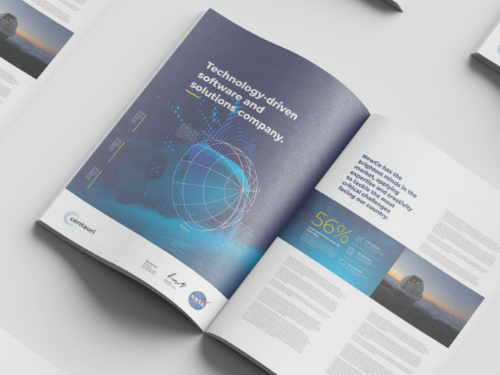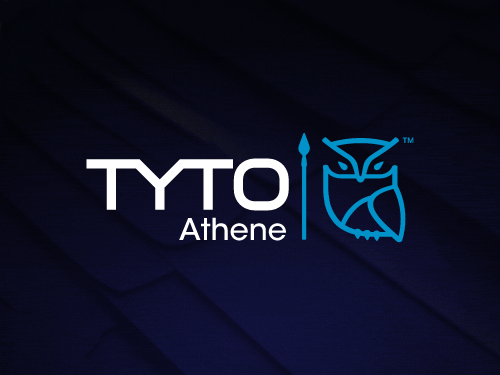In today’s fast-paced digital landscape, Business-to-Government (B2G) websites have become indispensable tools for companies aiming to secure government contracts. These platforms are not just gateways to lucrative opportunities but also serve as essential resources for navigating the complex world of government procurement. For businesses looking to establish or expand their presence in the government sector, understanding the role of B2G websites is critical to achieving success.
Introduction to B2G Websites
B2G websites are specialized online platforms that connect businesses with government agencies, streamlining the process of securing contracts for goods and services. Unlike traditional Business-to-Business (B2B) platforms, B2G websites are designed to meet the specific needs of government procurement, with features tailored to ensure compliance, transparency, and efficiency. These platforms are pivotal in facilitating interactions between private companies and government entities, making them essential for businesses eager to engage in government contracting.
Streamlining the Procurement Process
One of the most significant advantages of B2G websites is their ability to simplify the procurement process for both government agencies and contractors. Through these platforms, government entities can post requests for proposals (RFPs), manage bidding processes, and oversee contract awards—all in a streamlined, automated environment. This not only reduces the administrative burden on agencies but also accelerates the timeline for contract awards, allowing businesses to respond quickly to opportunities.
Digital tools embedded within websites, such as automated bidding systems and compliance checks, further enhance the efficiency of the procurement process. Contractors can submit bids, track their progress, and receive notifications about upcoming opportunities, all within a single platform. This level of automation ensures that the procurement process is not only faster but also more accessible to a broader range of businesses, including small and medium-sized enterprises (SMBs).
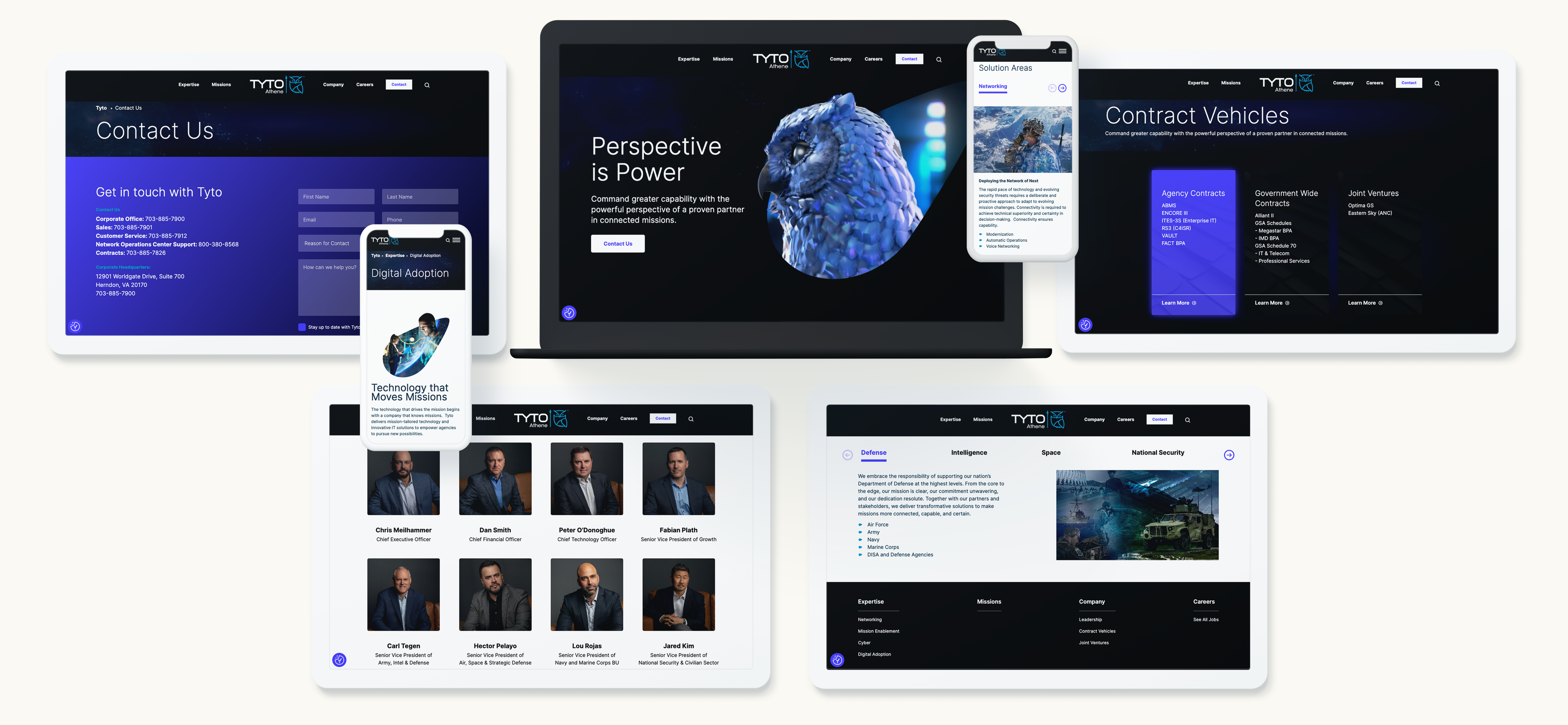
Enhancing Transparency and Compliance
Transparency is a cornerstone of government procurement, and websites play a crucial role in maintaining this principle. These platforms provide a clear, accessible view of procurement activities, allowing all stakeholders to monitor the process and ensure fair competition. By offering detailed information about contract opportunities, evaluation criteria, and award decisions, websites help eliminate ambiguity and foster trust between government agencies and contractors.
Compliance with government regulations is another critical aspect of the procurement process. B2G websites are designed to help businesses adhere to the stringent requirements set by government agencies, from financial disclosures to ethical standards. By integrating compliance checks into the procurement workflow, these platforms minimize the risk of non-compliance, reducing the likelihood of disputes or delays in contract execution.
Driving Engagement and Accessibility
B2G websites have also democratized access to government contracts, making it easier for SMBs to enter the government contracting space. Traditionally, large corporations dominated this arena due to their resources and established relationships. However, B2G platforms level the playing field by providing SMBs with the tools and information they need to compete effectively.
Through case studies and success stories, it’s evident that SMBs are increasingly leveraging B2G websites to secure government contracts. These platforms offer resources such as guidance on proposal writing, templates for compliance documentation, and even mentorship programs to help SMBs navigate the complexities of government procurement. As a result, more diverse businesses are now able to participate in government projects, driving innovation and competition in the market.
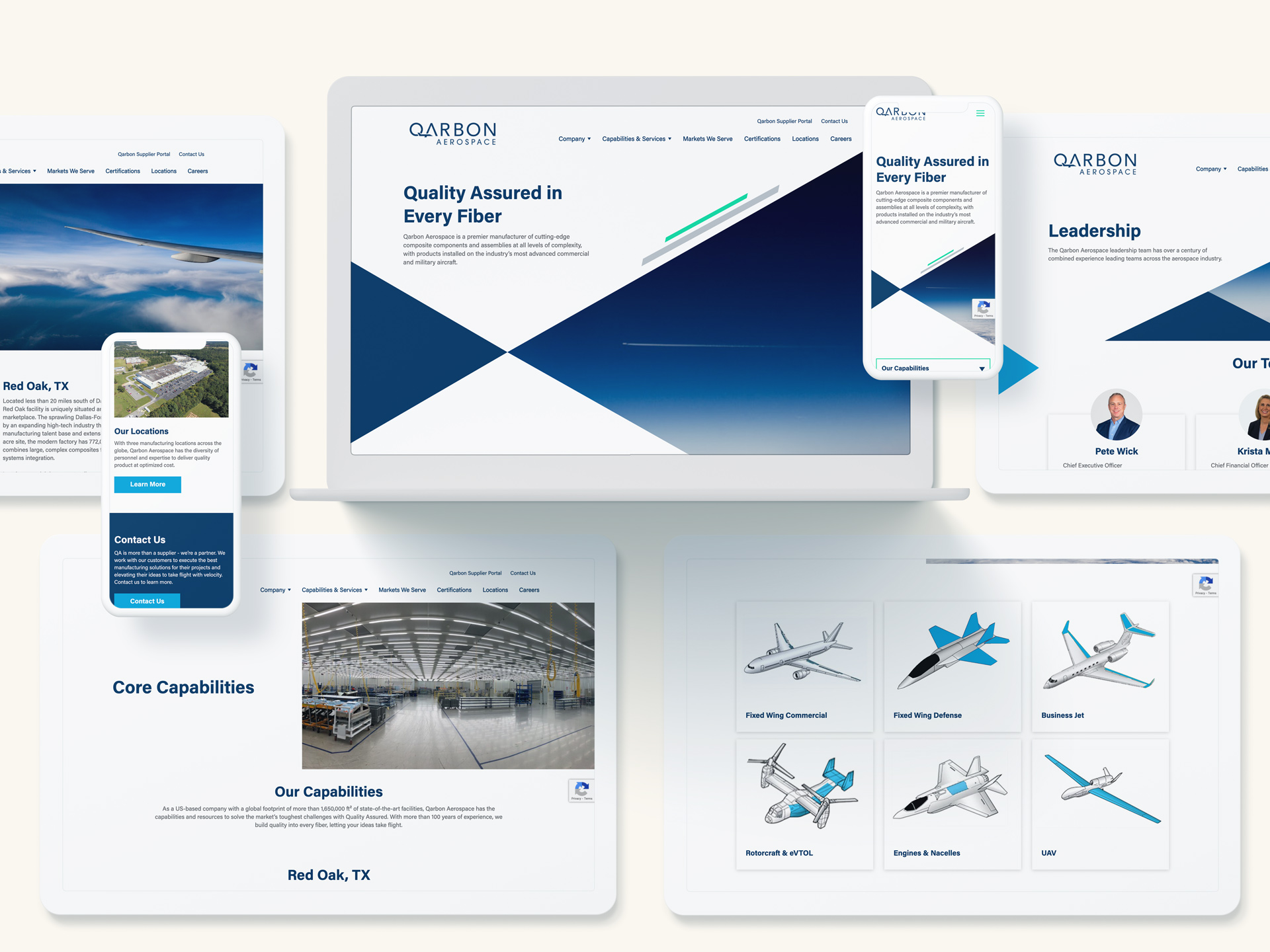
Best Practices for Leveraging B2G Websites
To maximize the potential of its website, businesses should adopt a strategic approach. Here are some best practices to consider:
- Optimize Your Online Profile: Ensure that your company’s profile on B2G platforms is complete, up-to-date, and highlights your strengths and past successes. A well-crafted profile can make your business stand out to government agencies.
- Respond Promptly to Opportunities: Government contracting opportunities can be time-sensitive. Make it a priority to monitor B2G websites regularly and respond to RFPs and other opportunities as soon as they are posted.
- Stay Informed: B2G websites frequently update their platforms with new features, compliance requirements, and procurement opportunities. Staying informed about these updates can give your business a competitive edge.
- Engage with the Community: Participate in forums, webinars, and training sessions. These resources can provide valuable insights into the procurement process and help you build relationships within the government contracting community.
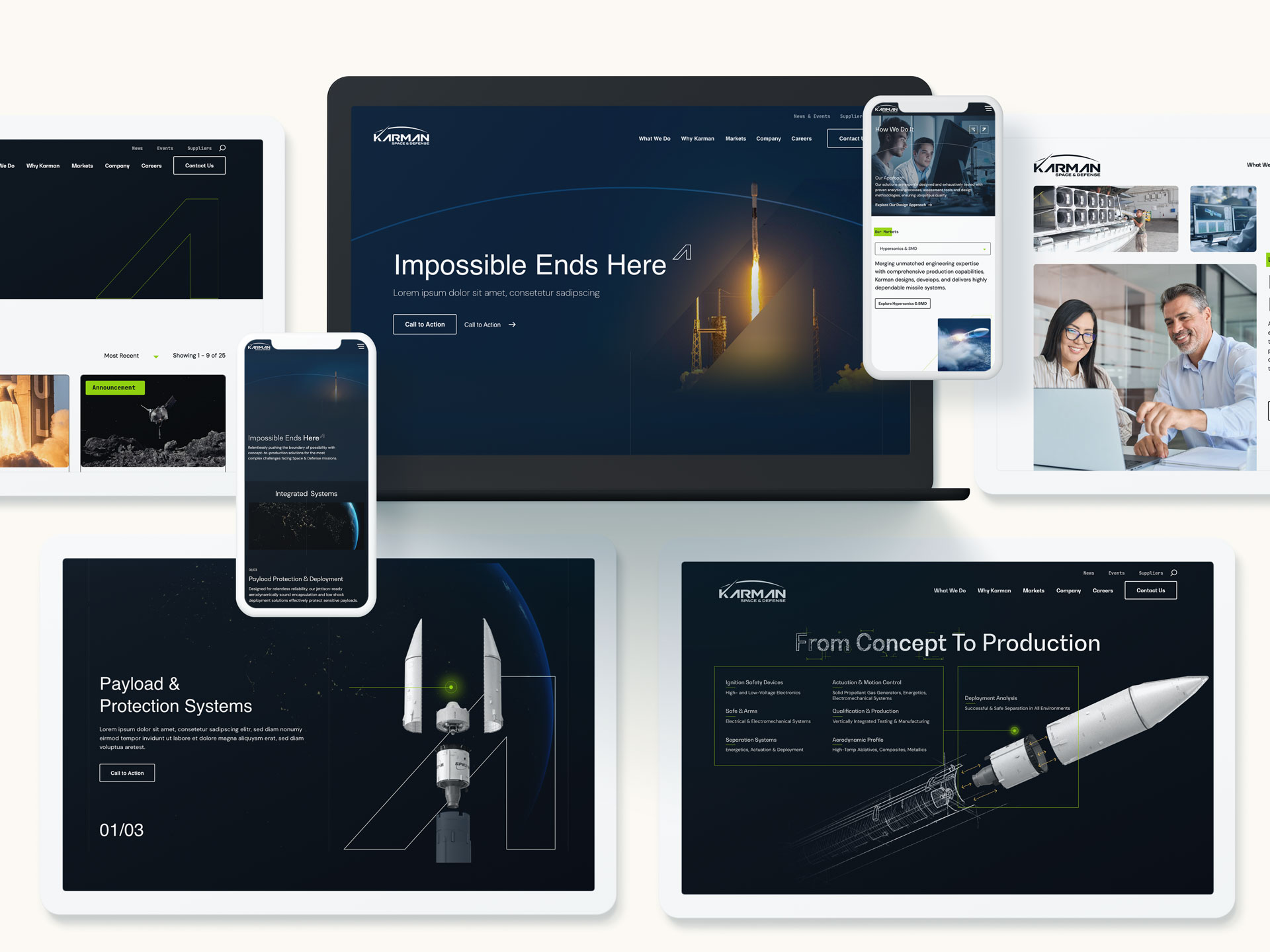
Websites are more than just portals to government contracts; they are powerful tools that can drive success in the government sector. By streamlining the procurement process, enhancing transparency, and increasing accessibility, these platforms offer businesses of all sizes the opportunity to secure government partnerships. For companies looking to expand their reach and engage in government contracts, leveraging the full potential of B2G websites is a path worth pursuing.
At Bluetext, we understand the complexities of government procurement and the importance of a strategic approach to B2G marketing. By harnessing the capabilities of B2G websites, businesses can not only navigate the path to procurement more effectively but also position themselves as trusted partners to government agencies. Let us help you chart your course to success in the government sector. Contact us today.


